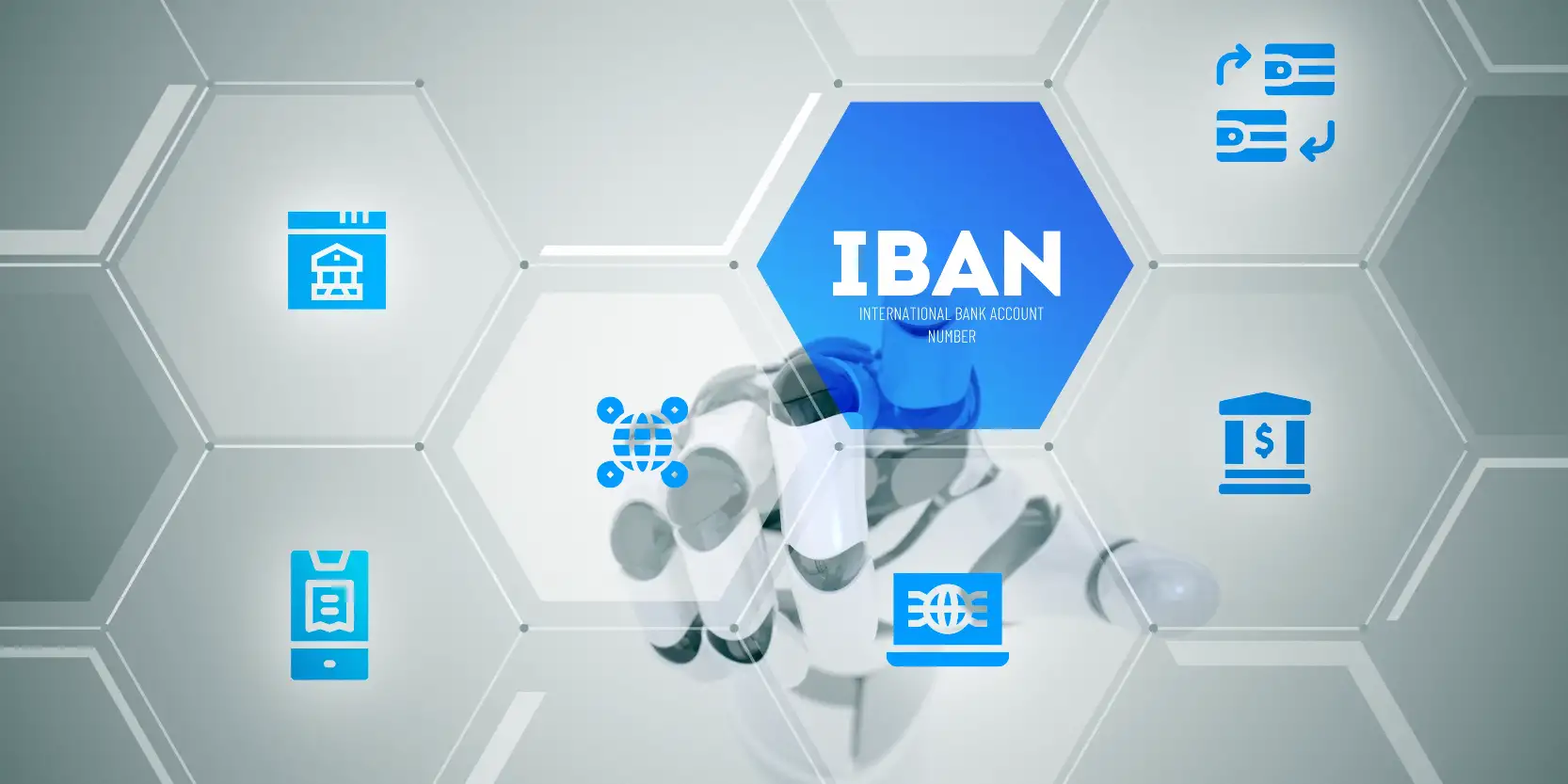What difficulties are German and French companies currently facing?
Creditreform: The German economy is currently facing a recession. Unlike the financial crisis of 2008, this is not a single event, but rather an accumulation of various causes affecting German companies. After more than two years of the pandemic, German players have escaped the worst effects of the coronavirus.
However, the Russian-Ukrainian conflict has added new difficulties for the German economy. In addition, other international economic conflicts (China/USA tensions) have created tensions on the international market.
In addition, inflation and rising raw material and energy costs continue to put a strain on supply chains. Rising interest rates and new regulatory requirements are also putting pressure on German companies.
Finally, there is a delayed structural change resulting in insufficient digitalization of SMEs and a shortage of skilled workers that tends to turn into a general shortage of personnel.
Ellisphere: For French companies, the main objective for the coming years will be to maintain their liquidity at the 2021 level. However, given the current context, this objective will be difficult to meet for most of them. Indeed, the repayment of State Guaranteed Loans (PGE), tensions on supplies, and price increases are all contributing to putting cash flow under severe pressure.
Today, French companies operate in a climate of crisis that has become almost permanent. Moreover, while the health crisis has accelerated the digitalization of organizations, it has also served as a breeding ground for new types of risk: cyber risk.
The Russian-Ukrainian conflict has also exacerbated the crises related to the cost of energy resources. With supply and recruitment difficulties, companies are unable to meet demand. French companies are thus forced to turn to foreign countries to make up for the shortage of candidates.
On the other hand, social movements such as the refinery strike in France in the last quarter of 2022 have penalized the activity of French companies, particularly in the construction industry, which have had to face delays in services, difficulties in delivering materials, and even outright closures of sites.
Finally, the climate crisis is certainly the major issue that companies must address today. Indeed, they must rethink their practices in order to meet the requirements of consumers, their employees and their customers.
As a business information provider, how have you responded to the needs of businesses related to these new issues?
Creditreform: Volatile markets and changing business conditions are real challenges for a business information service provider. We have to adapt our current projects and offer new products and services.
For example, Creditreform is developing its information products and responding to the requirements of companies and financial service providers who also want access to information and indicators related to ESG criteria.
Ellisphere: Faced with the consequences of the health crisis on companies' activities, the analysis of customer risk has become more complex. Ellisphere has added a resilience index to its score for the probability of business failure.
Taking into account the new economic shocks requires the existing methodology to evolve in order to better anticipate future difficulties. Ellisphere's resilience index is therefore based on a financial indicator and a sector indicator. This methodology imposes increased rigor on our experts who follow the evolution of all variables in real time.
How do you see the future?
Creditreform: Despite the increased availability of data with open data, it is necessary to ensure its quality. In addition, we also need to think about the collection and processing of targeted data to meet new business and regulatory requirements.
The knowledge of the specific situation by sector of activity and by geographical area of the companies will become more and more important to obtain a satisfactory result in order to meet the challenges of the companies.
Ellisphere: withopen data, information has become accessible to all, but this must not be at the expense of quality. Collecting, verifying and analyzing, and possibly enriching and validating information requires extremely demanding procedures and expertise. Only information providers such as Ellisphere are able to respond to this very specific processing, which contributes to generating reliable data with very high added value, the fuel for any credit manager wishing to make informed decisions.
Finally, beyond financial data, successive crises and, more generally, societal evolution have accelerated the awareness of companies in terms of CSR (Corporate Social Responsibility). In this respect, extra-financial data is also becoming an essential element in our evaluation of economic players. Here again, the expertise of an information provider is essential to anticipate the challenges and develop new services.




